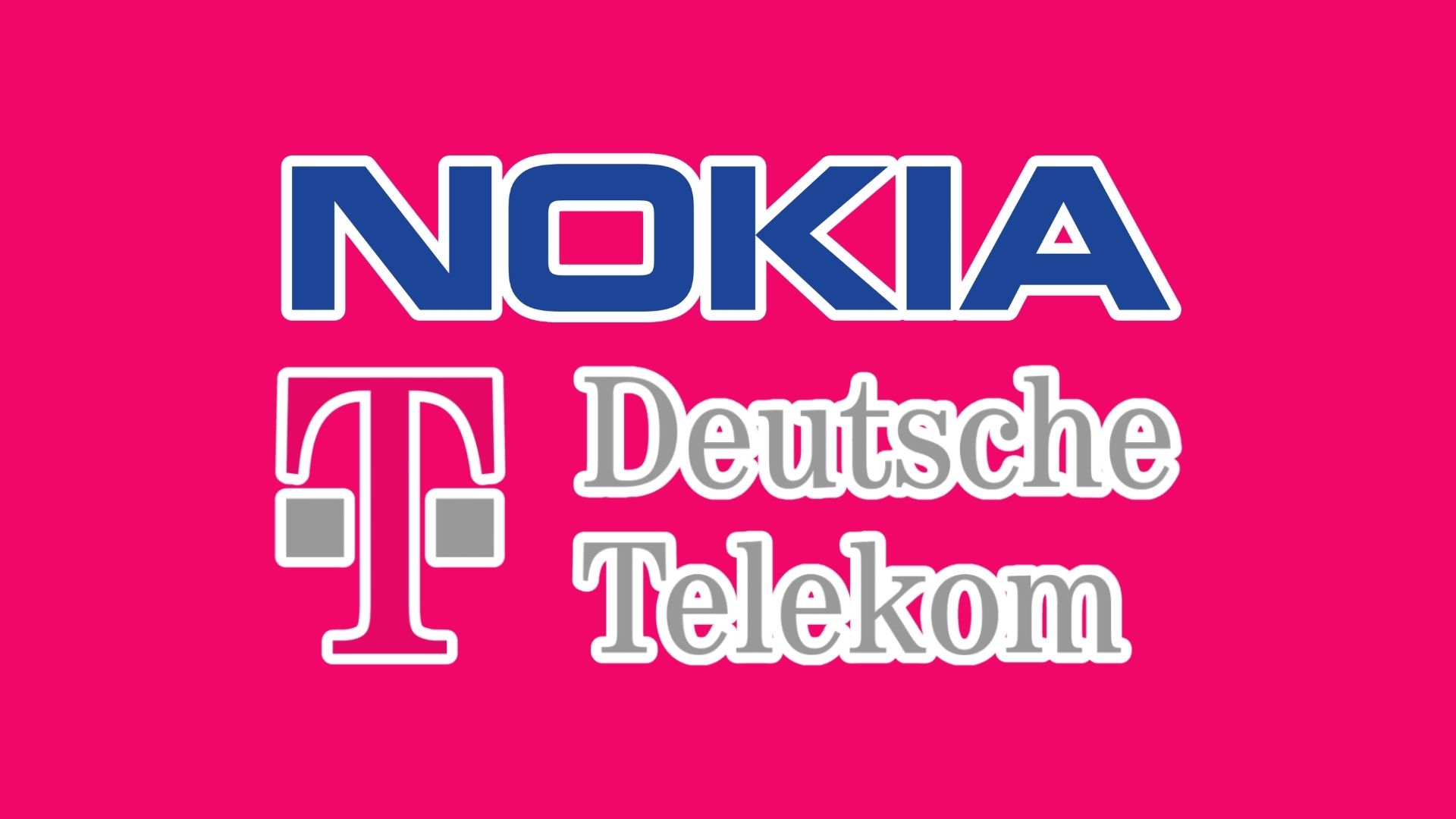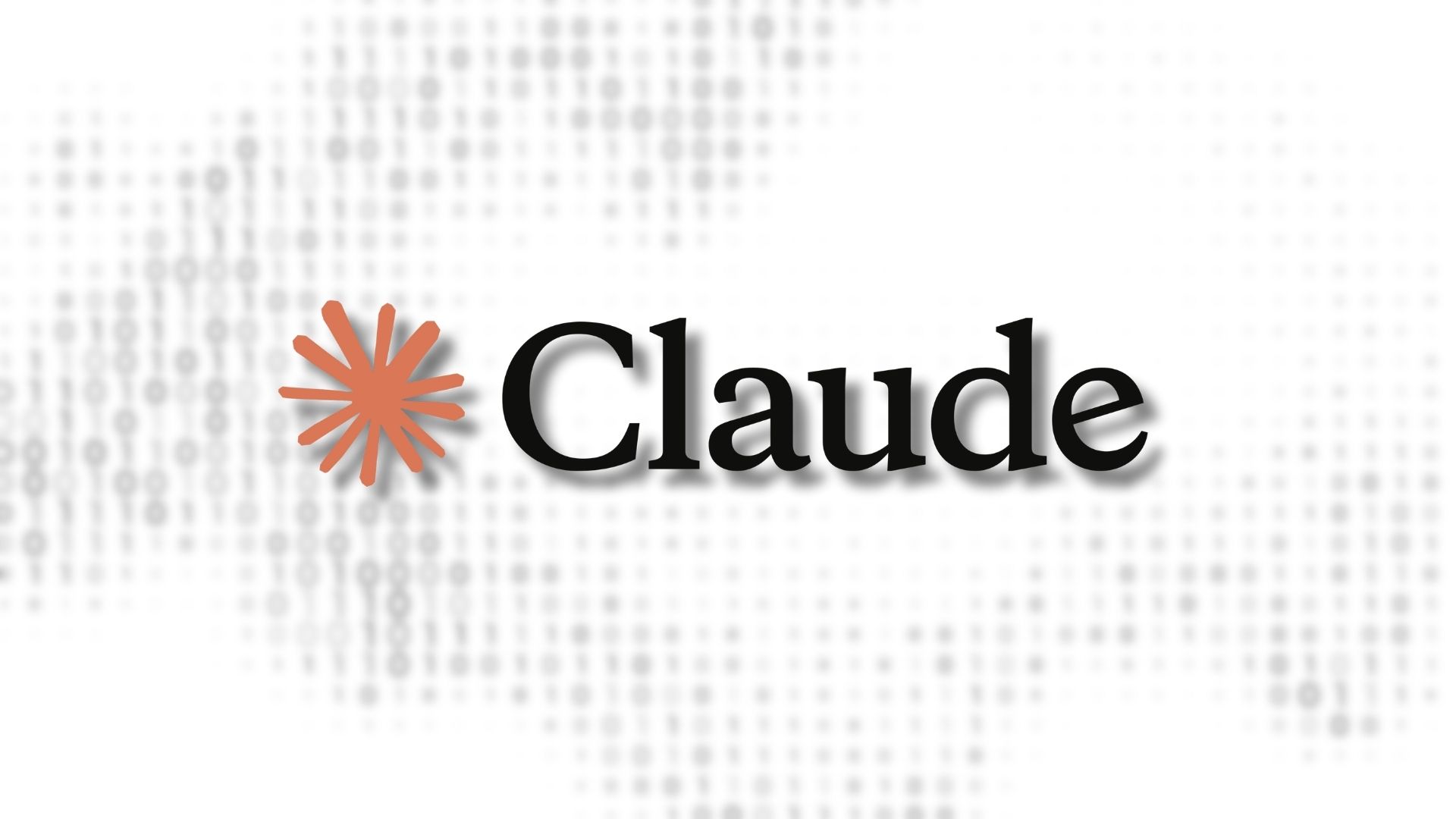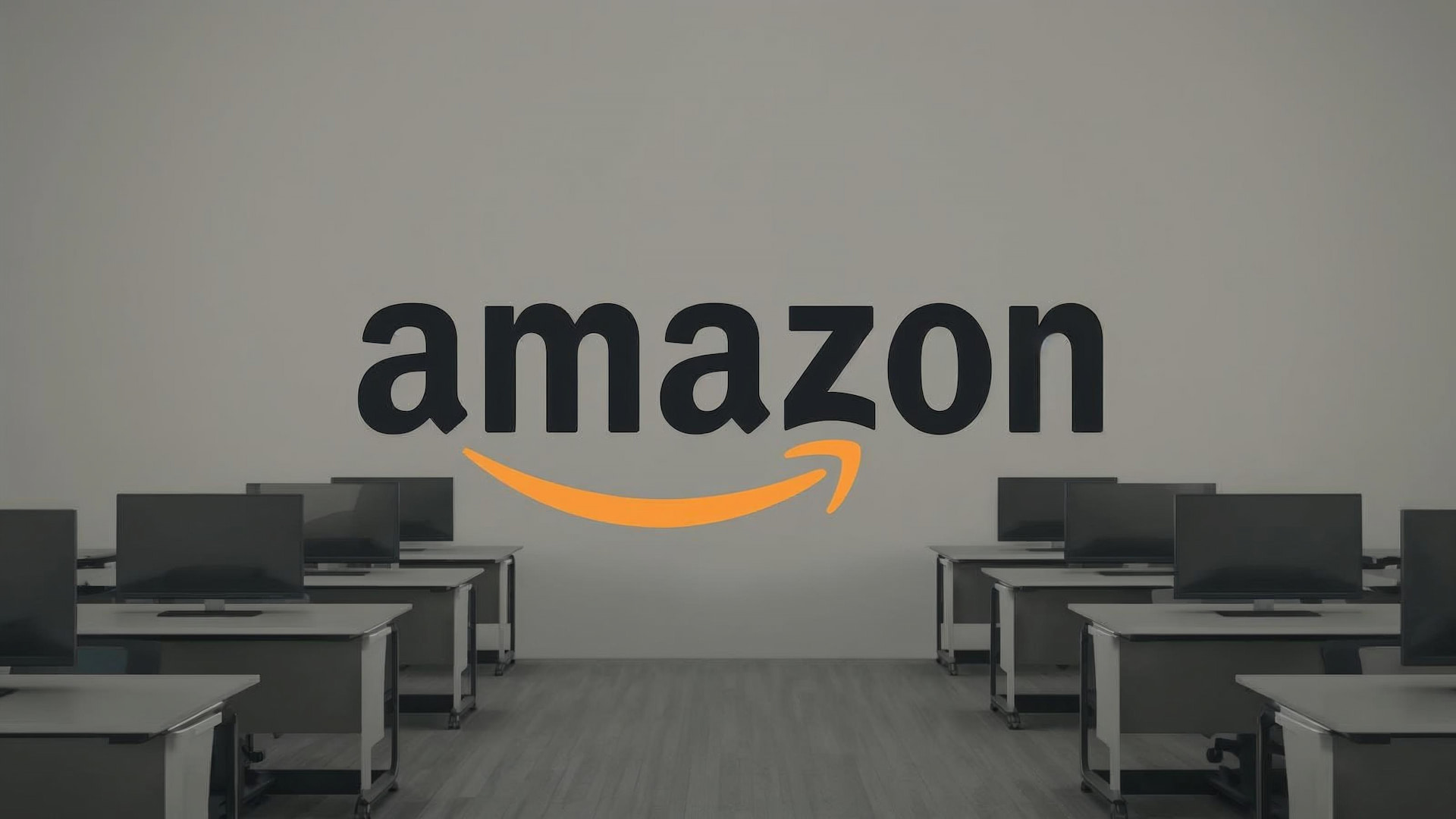Nokia and Deutsche Telekom have expanded their collaboration to advance cloud-based, disaggregated, and AI-native RAN technologies. The strengthened Innovation Cooperation Program deepens joint work in Cloud RAN, open interfaces, and next-generation solutions.
The partnership builds on years of cooperation focused on open and flexible architectures. Both companies said the expanded effort aims to improve network efficiency, programmability, and long-term operational value for service providers.
Work on Open Fronthaul integration is being intensified following earlier multivendor deployments in Germany linking Nokia baseband units with O-RAN-compliant radios. Additional integrations covering Open Fronthaul and Cloud RAN are progressing within confidential development programmes.
The companies are also advancing O-RAN-aligned management capabilities through open O1 interfaces and deeper integration of configuration management. A vendor-independent Service Management and Orchestration platform remains central to Deutsche Telekom’s multivendor RAN strategy.
Nokia will act as Deutsche Telekom’s strategic co-creation partner for AI-native RAN development. Joint efforts will focus on AI-powered receivers, adaptive beamforming, predictive optimisation, and lab and field validation to support intelligent, autonomous mobile networks.
Would you like to learn more about AI, tech, and digital diplomacy? If so, ask our Diplo chatbot!










